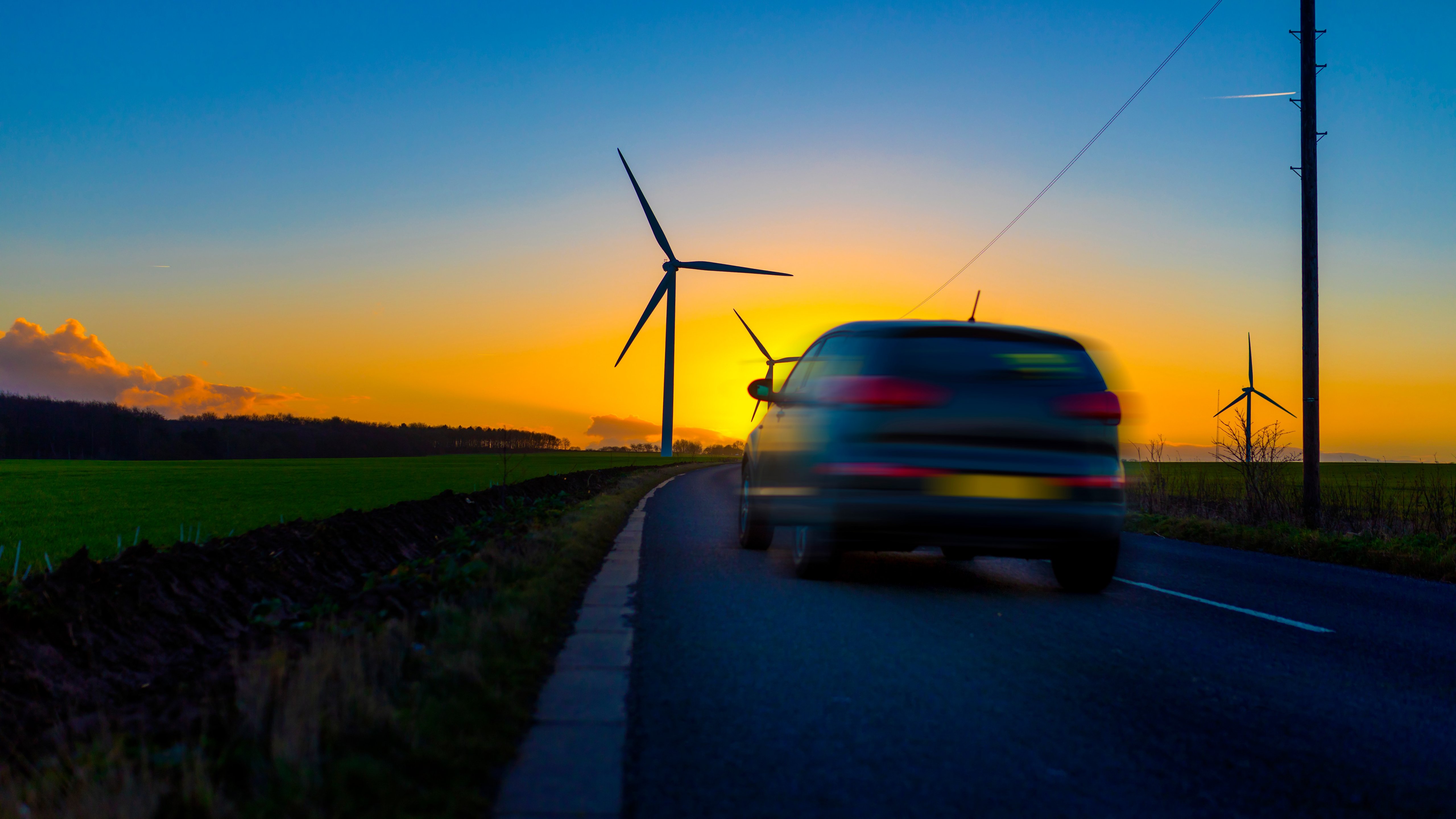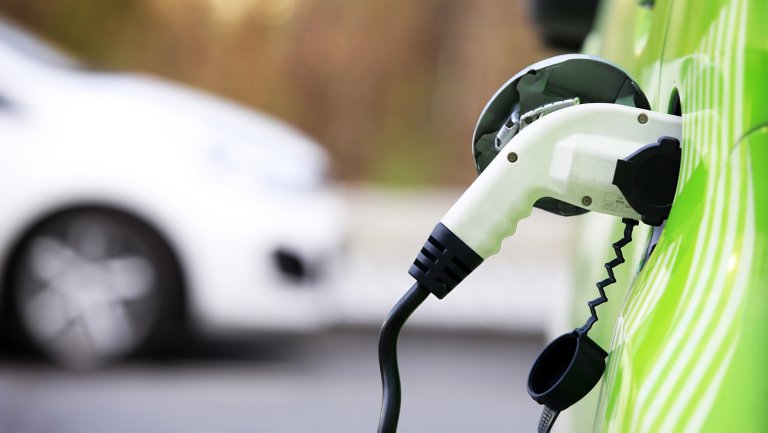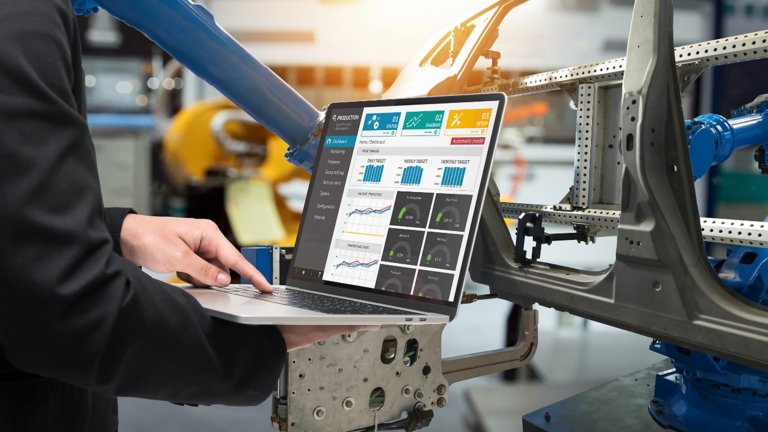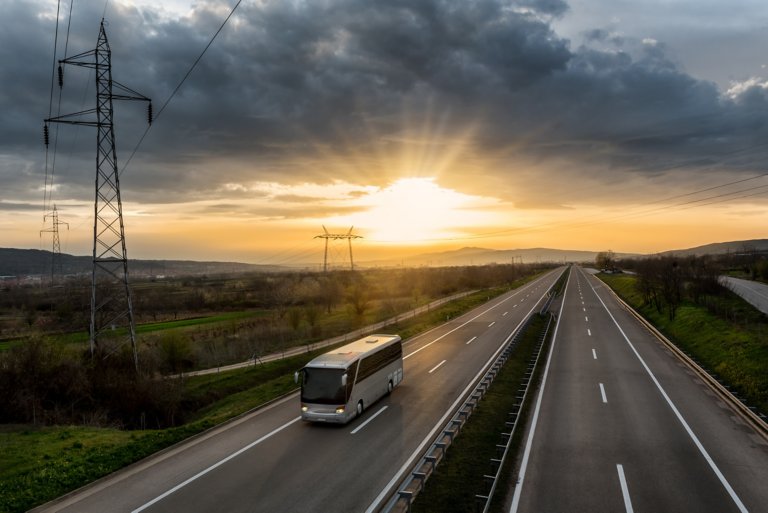For production control:
For a long time now, car plants have operated using the supervisory control and data acquisition (SCADA) control system architecture. But now, the Industrial Internet of Things (IIOT) is becoming more and more connected, bringing together more “things”, allowing real-time scanning and data collection. This constant stream of data not only enables predictive maintenance, but it also helps operators make critical decisions, more quickly and more accurately.
This technology is still young but growing rapidly – providing even greater levels of connectivity and requiring fewer people on site. That offers considerable benefits to social distancing, and health and safety, as well as opening the door to the future potential of “dark factories”.
For remote assistance:
Getting expertise in the right location has always been a challenge, but even more so in this time of varying travel restrictions and strict social distancing measures. But even here, modern technology has the answers. Augmented Reality (AR) helps employees share real-time instructions and guidance without having to be physically present. When a remote specialist can see exactly what the field engineer is seeing, they can offer precise, step-by-step advice and adapt to any peculiarities specific to the job in hand.
With more employees working remotely, those remaining on site often don’t have the skills they need to keep everything up and running. That’s why Rockwell Automation partnered with PTC to provide access to its FactoryTalk® InnovationSuite™ Vuforia Chalk – a collaborative AR remote assistance tool – and offers virtual training.
A Look into the Future
Ten years from now, these technologies – and technologies like them – will have changed the shape of the automotive industry. Here are four big trends we can expect to see:
1. New vehicle architectures
Already, we’re seeing pioneers lead the charge. Recently, Tesla began producing the rear chassis of the Tesla Model Y using Giga Press at its factory in Fremont, California. And growing trends towards electric vehicles and autonomous driving are changing the requirements of vehicle interiors. New materials, including composites and complex alloys, are becoming available, opening up new manufacturing opportunities – such as a lighter chassis or side panels without compromising passenger safety.
2. Mobility as a Service
Leading manufacturers will soon be developing and producing vehicles on a large scale but with a minimum of platforms, sometimes even sharing a platform with competitors. These platforms will be designed to support low-emission technologies (ZEM/PHEV) and provide advanced electronics and software for an autonomous driving experience. Although, autonomous driving will almost certainly remain on restricted conditions, even 10 years from now. All this demands more sensors around the car and 5G connectivity. We help T1 suppliers to design flexible lines, able to react quickly to market demands. For example, our ICT MagneMotion conveyor is a perfect fit for electronic assembly.
3. New regional brands
Smaller manufacturers, specific to certain countries or regions, will be developing vehicles for specific markets. In some cases, these will employ the platforms of the larger companies, in a win-win deal. But in others, much smaller plants will be used, while importing all the necessary parts. These “automotive micro plants” will be a continuation of today’s “glocalization” trends, relocating jobs and being promoted by local governments. Whether you’re using “micro” or “giga” factories, our Connected Enterprise approach offers scalable IT solutions to help you grow your business.
4. Full traceability of battery and car components
When it comes to lifecycle issues, and for the security of passengers, traceability is critical. It is essential that you can prove that the battery pack in your EV has eco-certification, and that it respects corporate social responsibility (CSR) requirements – “from the mine to the car”. This requires advanced technology and exacting standards. To this end, Rockwell Automation and our partners are collaborating with the European Green Deal set up by the European Parliament.
We can also expect digitalization to make supply chains more adaptable and robust. And imagine city vehicles that transport both passengers and provide last-mile delivery for goods. That’s the effect of big data, connectivity, and the IIOT, creating a total convergence of technologies.
If you want to learn more about the disruptive technologies that could take your business into the future, get in touch with me via LinkedIn.





